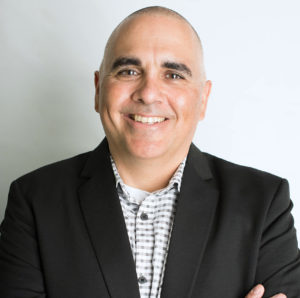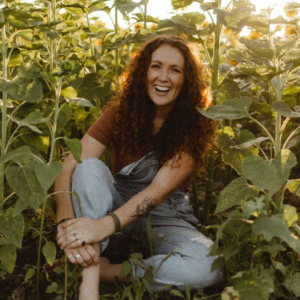I'm so excited to introduce you to this week's guest on Pep Talks for Side Hustlers, Danbee Shin!
Danbee is a web designer and copywriter. She helps online coaches get more clients with their websites so that they can change more lives all around the world. She also helps other web designers grow their businesses and earn a full-time income working for themselves.
Push play to listen to this week's episode, or read the full transcript below!






